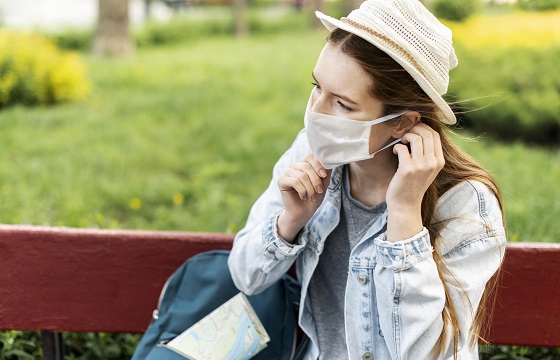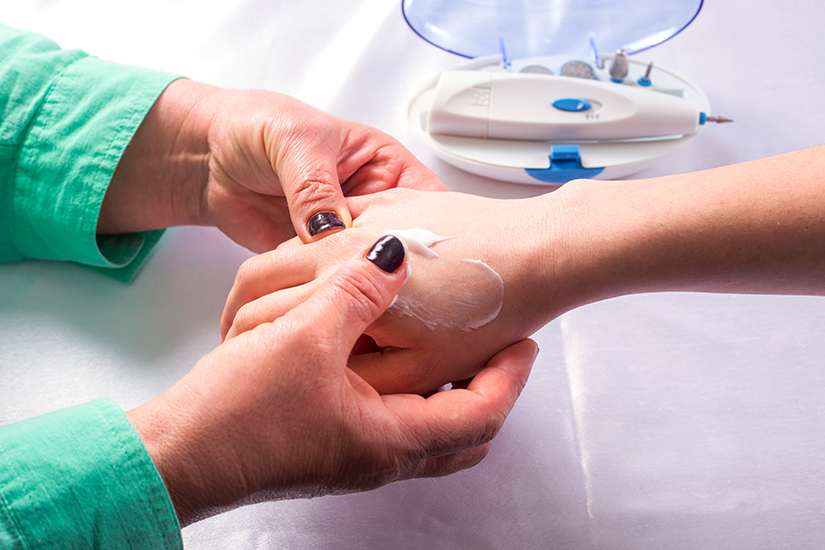- Emergency Ambulance Services
- 8606811111
- 0471-4077777, 0471-7177888
- gro@sutpattom.com
Infectious diseases during Summer
Dr. Dhanya V. Unnikrishnan, Consultant Physician , SUT Hospital, Pattom
Many districts of Kerala have already recorded high temperatures in the month of February. As the temperature increases, so do the diseases. The list goes on from headaches, skin redness, heat rash, sunburn, jaundice and more severe ailments.
Heat rashes and Redness of the skin
When exposed to the sun, UV rays causes redness, itching, and dryness in the skin. Fever and vomiting are also seen in some people. More exposure to the sunlight makes the skin blistering and leads to flaking. Heat rash and fungal infections are more common in people who sweat frequently. Skin diseases can be very troublesome.
Preventive measures
Avoid going outside when there is intense sunlight, use sun screen lotion and powders, use an umbrella, drink plenty of water, and take a bath twice a day. Wear loose cotton clothes.
Sunstroke
If you experience symptoms such as headaches, body burns, vomiting, fatigue, fainting, and heart palpitations when exposed to intense sunlight for a long time, it may be due to sunburn. Drink cold water immediately and pour it over your body. Reduce body temperature with ice etc. Get to the hospital as soon as possible.
Prevention
Avoid sun exposure between morning eleven o’clock and evening four o’clock. Wear cotton clothes, drink plenty of water, frequent intake of juice, eat fruits etc. Be careful not to dehydrate your body when the summer heats up.
Diarrhea and Jaundice
Diarrhea, cholera, hepatitis and typhoid can be caused by consumption of unhygienic food and water. Lack of access to clean water and unhygienic storage of food increases the risk of food contamination. Cooked food is also likely to go bad quickly due to change in atmospheric temperature.
Prevention
Ensure availability of clean water. Avoid fast food and always try to eat cooked food in a well hygienic condition.
Chicken pox and Measles
Symptoms include fever, red spots on the body, blisters, headache, and body aches. The disease is transmitted by contact with secretions and inhalation of germs through exhaled air of the patient. Use a mask and keep your hands clean.
Preventive measures
M. M. R vaccine and chicken pox vaccine will prevent the disease. Seek medical help soon after getting sick, take medications as prescribed by the doctor, and eat fruits, juices and easily digestible food. Clean your body regularly.
Eye infections
Eye infections like conjunctivitis are more common in summer. The disease may spread when the infected secretion of the patient comes in contact with our eye by means of touch. Red eye can be prevented by frequent hand washing.
Instructions to be followed
1. Stay indoors during intense sunny day.
2. Use sun screen, powders and body covering clothes to prevent skin diseases.
3. Use loose cotton clothes, umbrella and hat while exposing to sunlight.
4. Consume plenty of water, fruits and vegetables.
5. Eat clean, home-cooked meals.
6. Keep house and surroundings clean.
7. Use boiled and cooled water for drinking.









